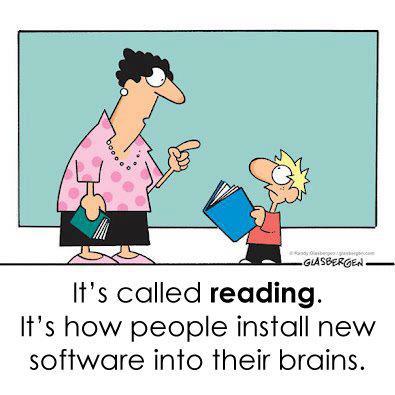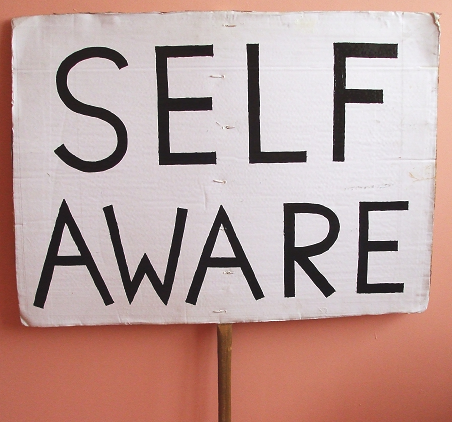One of these days I’ll find something to cite on the topic of Early Internet Adolescence that isn’t my own experience, but here goes: I like to joke that the Internet and I went through puberty at about the same time. As a result, I spent my teenage years on the cusp of being what we now think of as “connected”—I journaled on paper but wrote poetry on computers (also napkins); I wrote letter-length notes during class but sent email during my free periods; in general, I communicated with friends and family (as well as myself) through an array of both analog and digital media. Though sometimes I hung out talking to strangers in AOL chat rooms (especially before I had friends who, like me, didn’t have a curfew), my digitally mediated interactions were a lot like my telephone-mediated interactions in that they occurred primarily with people I already knew from in-person contexts.
Digitally mediated interaction was new and exciting (especially to a shy kid who already fancied herself a writer), but from the very beginning, it was just another piece of the life I was already living. It didn’t make me a new or different person (in contrast, sometimes I felt more free to be myself via email), and nor did my friends interact with me through chat or email in ways that were incongruous with the ways they interacted with me in person. So what were those interactions like, especially as my friends and I tried to navigate the complicated social- and emotional politics of attraction in the context of a small high school? This was back in the pre-SMS era, mind you, so to hear The Today Show’s Matt Lauer tell it last month, I should have been receiving graceful, articulate, hand-written notes from classmates who fancied me, and perhaps responding with notes of my own if the fledgling twitterpation was mutual.
Oddly enough, this is not what I remember happening. more...





![I LOVE this. [Image credit: Schroeder Jones]](https://thesocietypages.org/cyborgology/files/2013/08/introverts.jpg)



